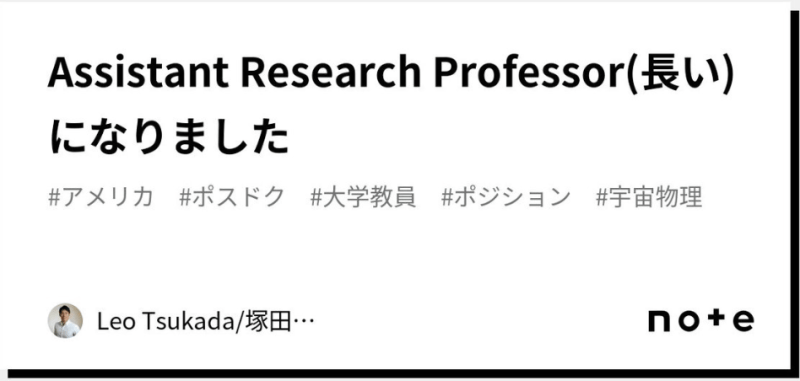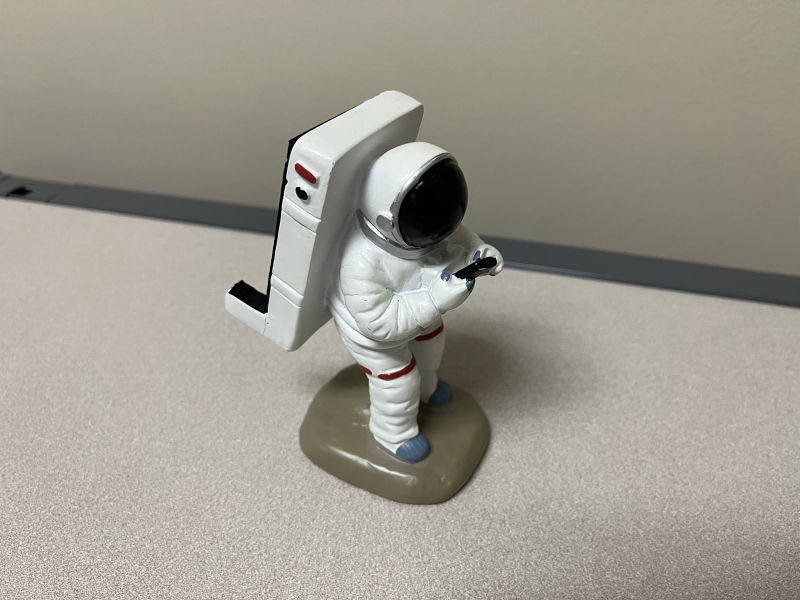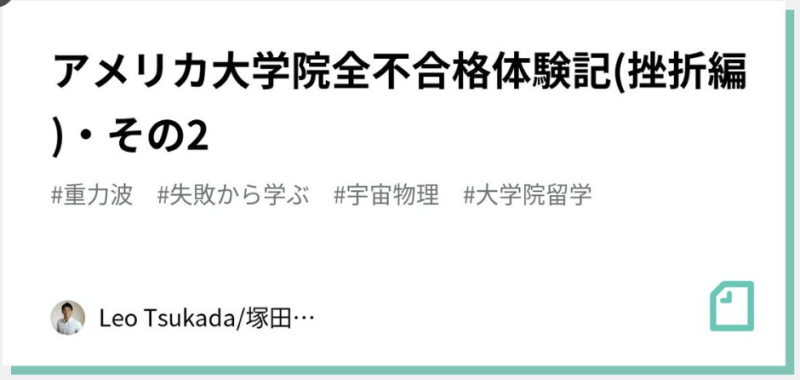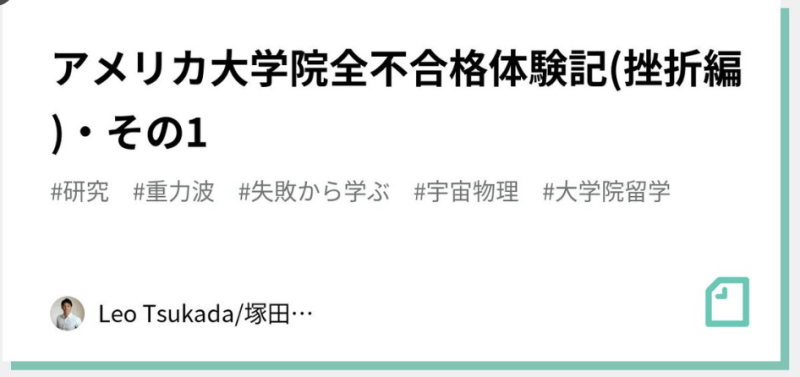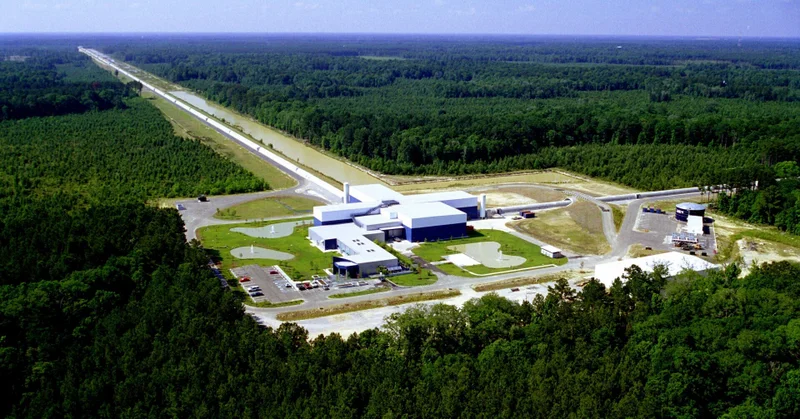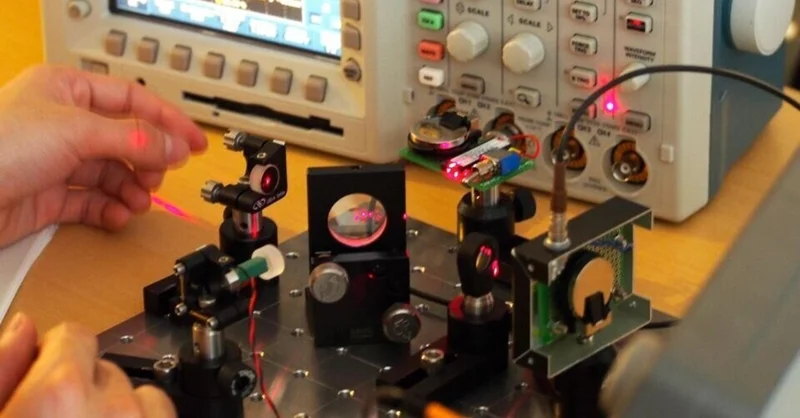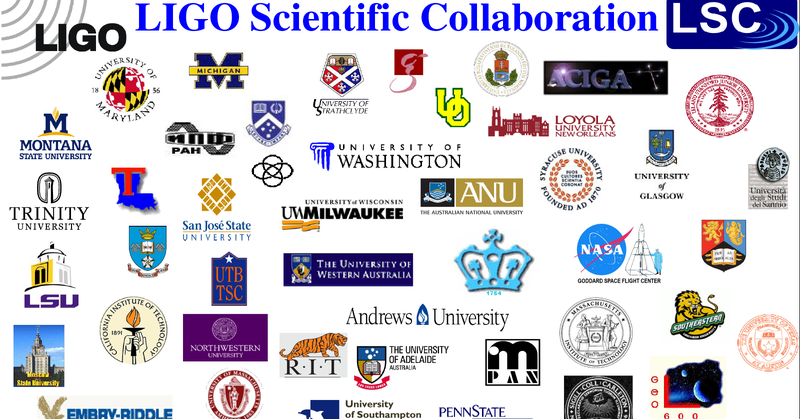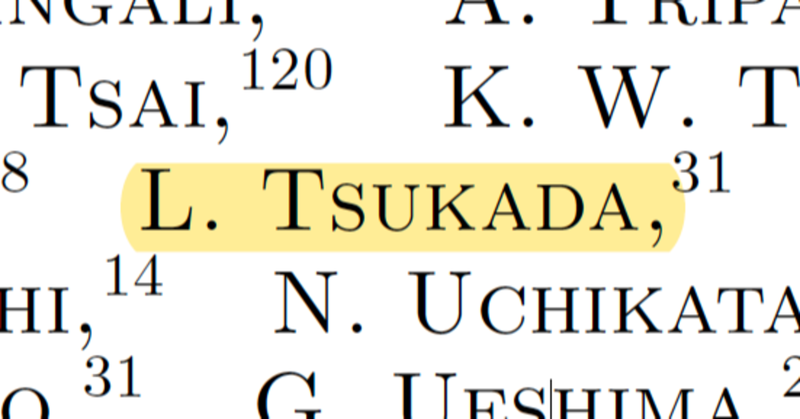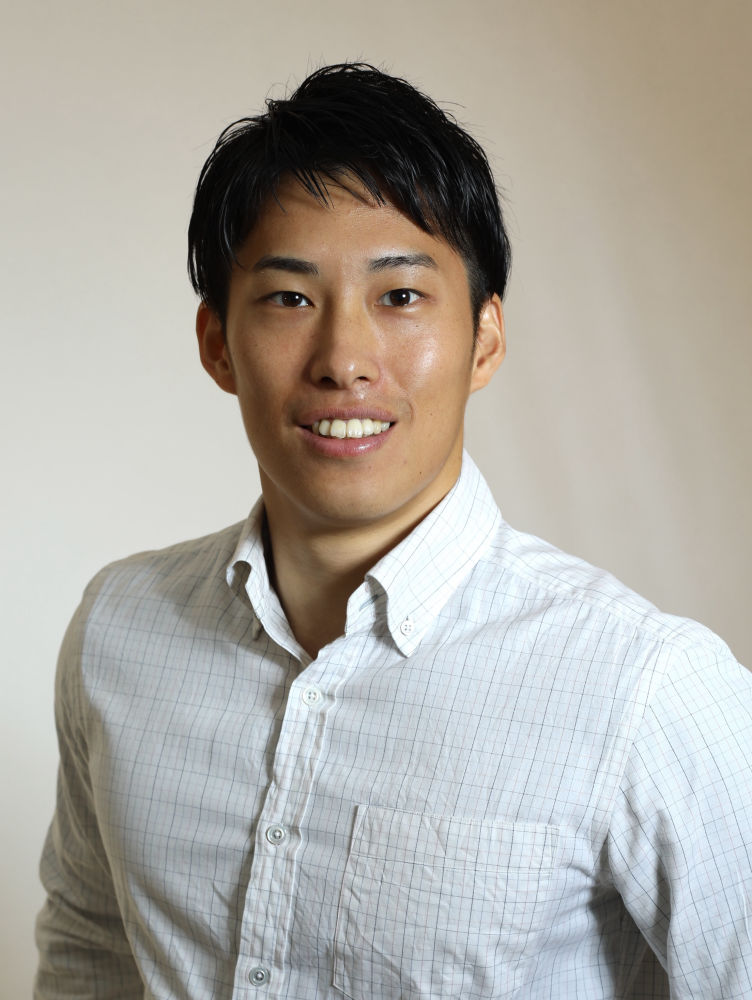What's new?

Journal publication
2025/10/06
The paper "Scalable matched-filtering pipeline for gravitational-wave searches of compact binary mergers" has been published in Physics Review D.
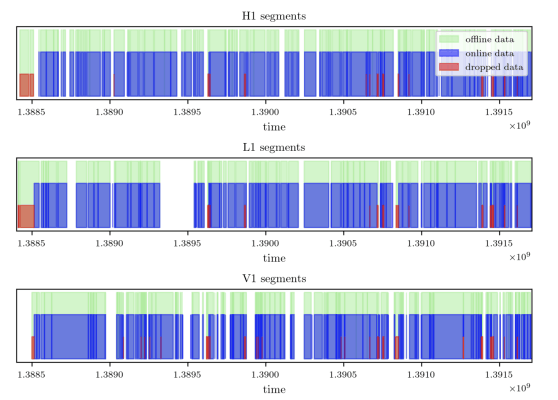
New paper!
2025/06/06
We summarized new methods we developed in the GstLAL pipeline for the upcoming Gravitational Wave Transient Catalog (GWTC-4).
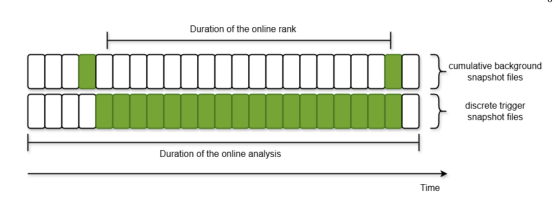
New paper!
2025/05/29
We introduced a new framework to reuse GstLAL's online search and compared with its offline configuration, paving a way to the new regime of GW CBC searches.
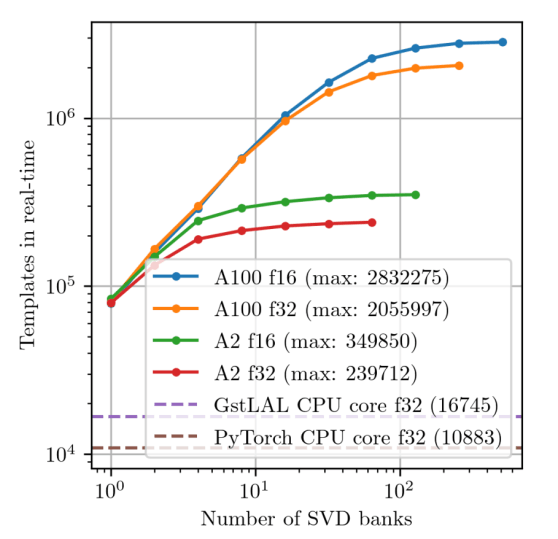
New paper!
2024/10/21
We present a scalable gravitational-wave search pipeline (SGNL) which modernizes the GstLAL pipeline with the PyTorch framework, enabling flexible execution on CPUs and GPUs.
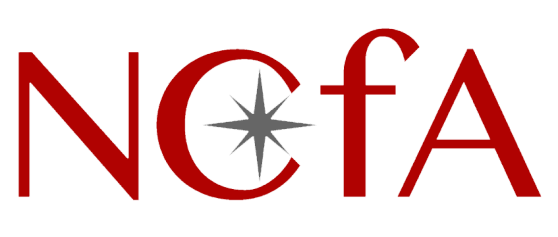
Start a new position!
2024/09/01
I am joining Nevada center of Astrophysics (NCfA) at University of Nevada, Las Vegas, as a postdoctoral Fellow.

Journal publication
2024/07/29
The paper "Searching for gravitational-wave signals from precessing black hole binaries with the GstLAL pipeline" has been published in Physics Review D.
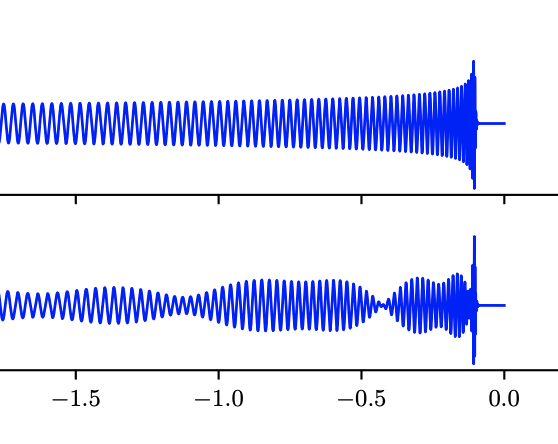
New paper!
2024/03/25
We searched for precessing black hole binaries in the third observing run using the GstLAL detection pipeline. Though we didn't find new events, this shows good promise to make new discoveries in the future.

Journal publication
2024/02/26
The paper "Template bank for compact binary mergers in the fourth observing run of Advanced LIGO, Advanced Virgo, and KAGRA" has been published in Physics Review D.
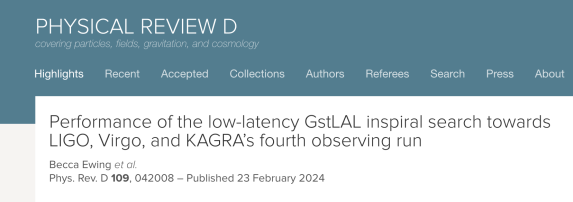
Journal publication
2024/02/23
The paper "Performance of the low-latency GstLAL inspiral search towards LIGO, Virgo, and KAGRA’s fourth observing run" has been published in Physics Review D.
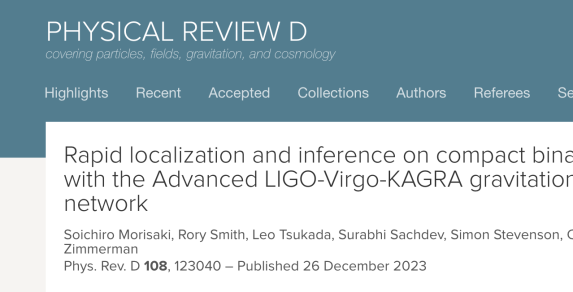
Journal publication
2023/12/26
The paper "Rapid localization and inference on compact binary coalescences with the Advanced LIGO-Virgo-KAGRA gravitational-wave detector network" has been published in Physics Review D.
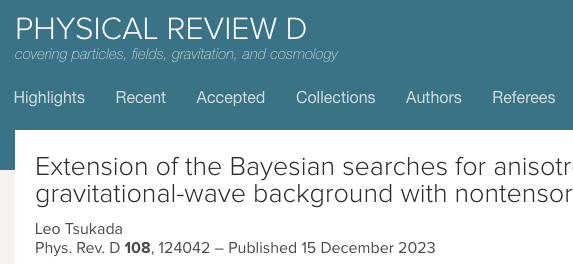
Journal publication
2023/12/15
The paper "Extension of the Bayesian searches for anisotropic stochastic gravitational-wave background with nontensorial polarizations" has been published in Physics Review D.
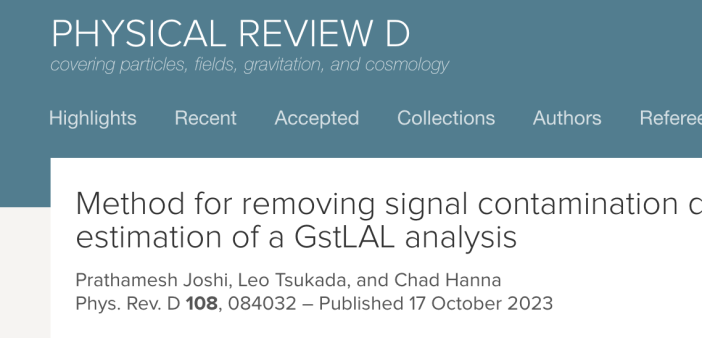
Journal publication
2023/10/17
The paper "Method for removing signal contamination during significance estimation of a GstLAL analysis" has been published in Physics Review D.
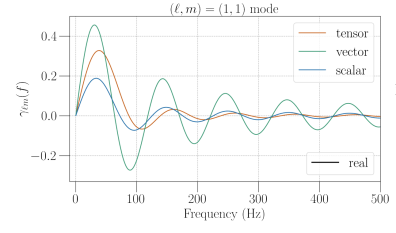
New paper!
2023/08/17
We extended the Bayesian searches for anisotropic stochastic gravitational-wave background to include non-GR polarizations.
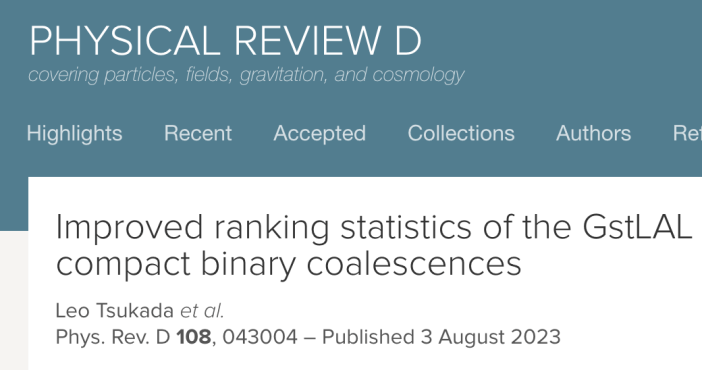
Journal publication
2023/08/03
The paper "Improved ranking statistics of the GstLAL inspiral search for compact binary coalescences" has been published in Physics Review D.
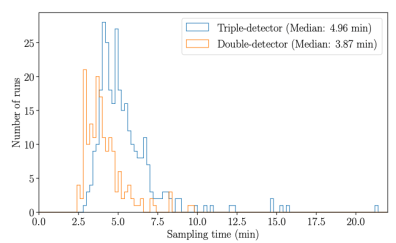
New paper!
2023/07/25
We developed a rapid parameter estimation for GW signals from a compact binary, using the reduced-order-quadrature technique.
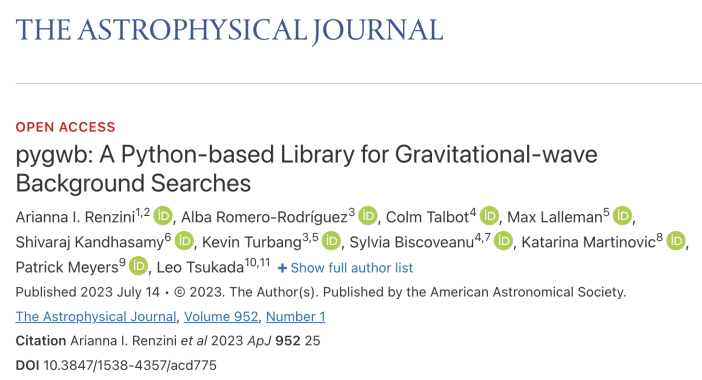
Journal publication
2023/07/14
The paper "pygwb: A Python-based Library for Gravitational-wave Background Searches" has been published in The Astrophysical Journal.
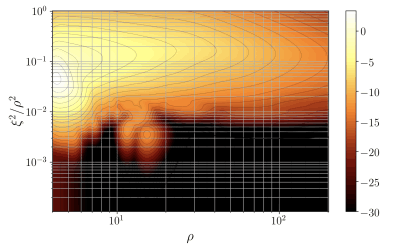
New paper!
2023/05/29
We developed a tool to remove contamination due to GW signals leaking into the background model of GstLAL.
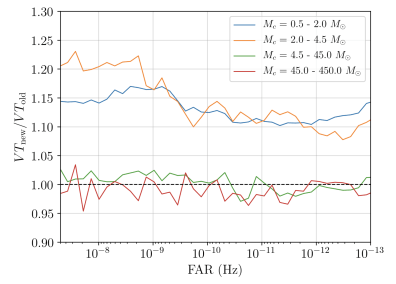
New paper!
2023/05/10
We improved the detection algorithm of the GstLAL search pipeline towards the LVK's fourth observing run, leading to the 20% increased sensitivity to GW signals.
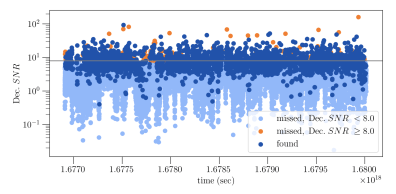
New paper!
2023/05/09
We summarized the performance of the GstLAL search pipeline during a mock-data campaign as a preparation for the LVK's fourth observing run.
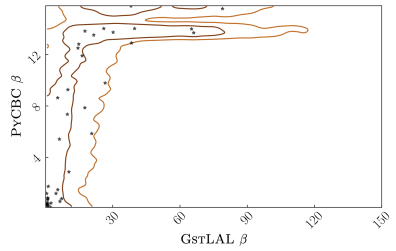
New paper!
2023/04/28
We developed a formalism to unify the information about the signal probability of a GW event across multiple search pipelines.
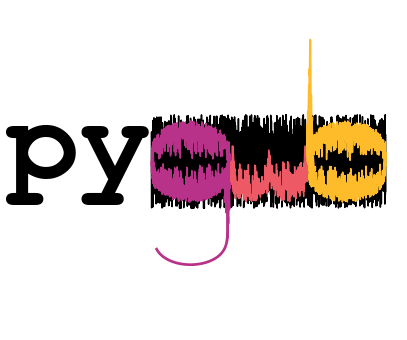
New paper!
2023/03/28
We developed a Python-based library for isotropic gravitational-wave background search, "pygwb".
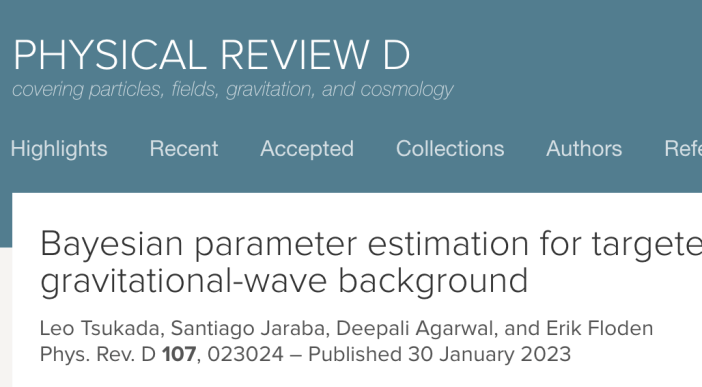
Journal publication
2023/01/30
The paper "Bayesian formalism for parameter inference of anisotropic stochastic gravitational wave background" has been published in Physics Review D.
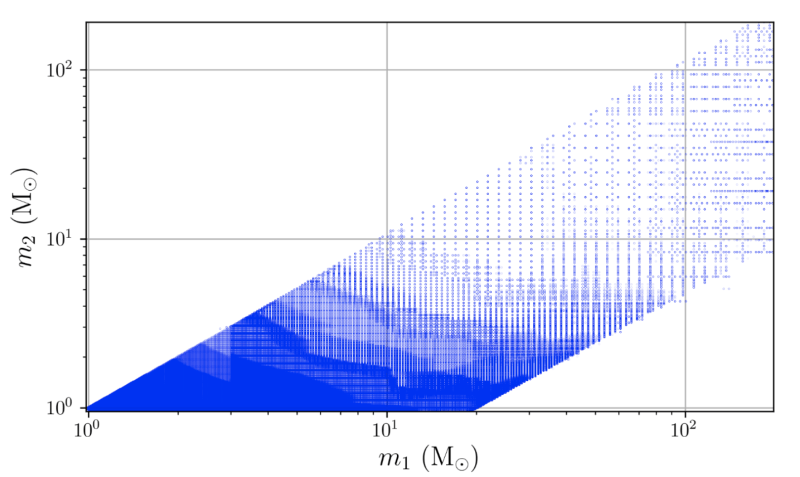
New paper!
2022/11/30
We summarized the specification and new development of GstLAL's template bank toward the LVK's fourth observing run.
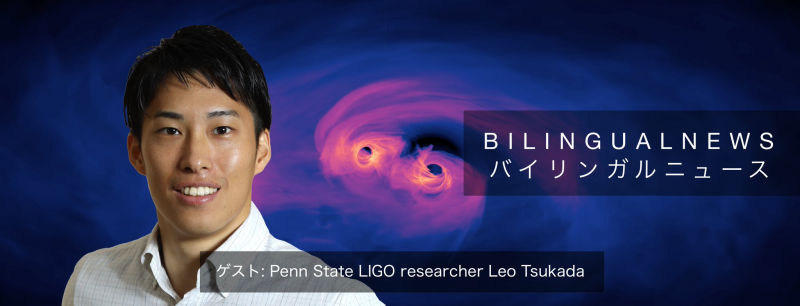
Media coverage
2022/11/10
I gave an informal talk about black holes, gravitational waves, and LIGO in the podcast "バイリンガルニュース".
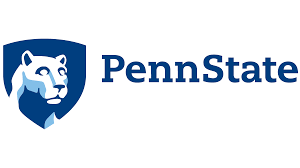
Got a new position!
2022/09/01
I am pleased to announce that recently I have got promoted as Assistant Research Professor in the LIGO group at Penn State.
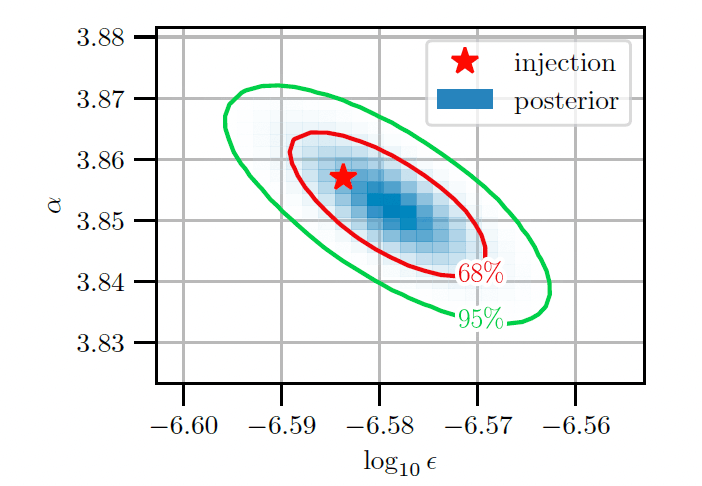
New paper!
2022/08/30
We developed a Bayesian formalism for parameter inference of anisotropic stochastic gravitational wave background.
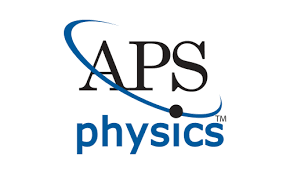
Gave an invited talk
2022/04/11
I was invited to APS April meeting to talk about "Observation of neutron stars during LIGO-Virgo-KAGRA's observing runs".
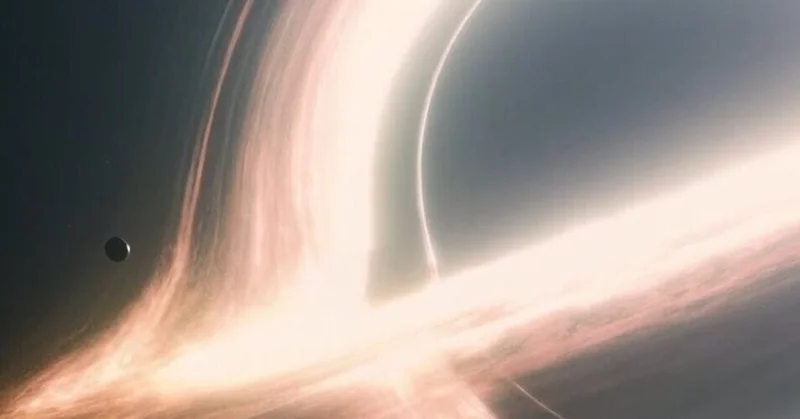
Launched a blog! 🇯🇵
2021/07/25
noteにてブログを始めました。
研究や、海外生活、過去の経験などを綴りたいと思います。
よければフォローをお願いします。
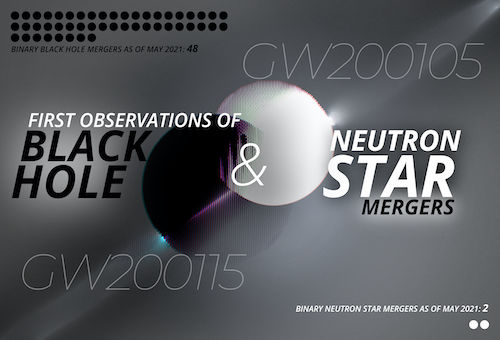
We found NSBHs!
2021/07/01
For the first time, LIGO and Virgo scientific collaboration discovered gravitational signals from two mergers of neutron-star black-hole binaries!!
